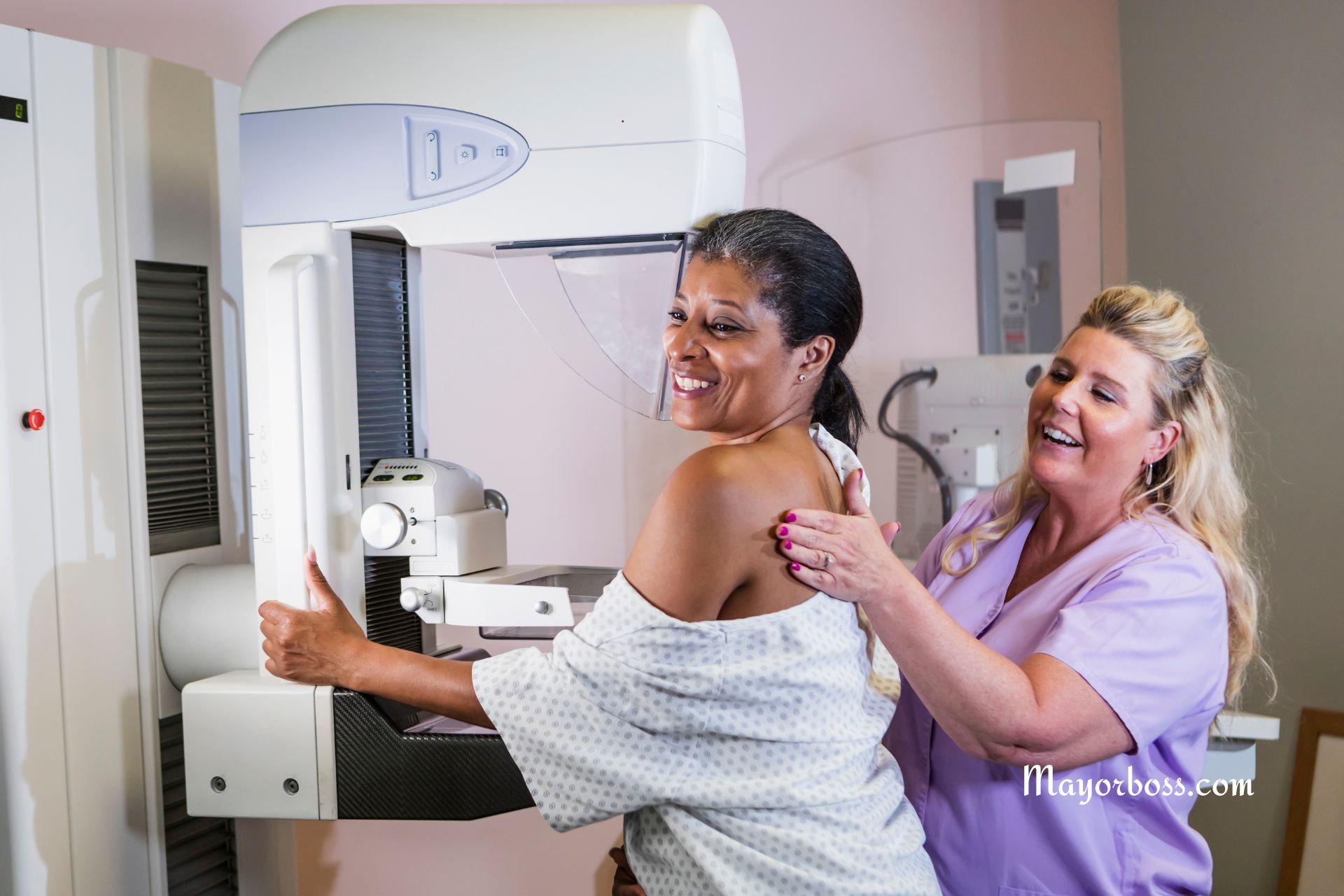It’s Not Cancer: The #1 Disease Killing Women Today
Heart disease holds the notorious title of the number one killer of women worldwide, surpassing even the formidable cancer. Often cloaked in myths and overshadowed by other health concerns, heart disease silently yet aggressively claims more lives than many realize.

According to the Centers for Disease Control and Prevention (CDC), heart disease is actually responsible for about one in every five female deaths in the United States. Alarmingly, it’s noted that only 56% of women recognize that heart disease is their greatest health threat, far surpassing the mortality rates associated with cancer.
Why Should You Pay Attention to Heart Disease?
Here’s something you might not know: heart disease isn’t just a man’s disease; it’s the leading cause of death for women, too. Despite its deadly impact, it doesn’t receive the spotlight it deserves. You might ask, why does this matter to me? Well, the heart is your body’s engine, and keeping it running should be at the top of your health priorities.
Comprehending the Risks
Several risk factors contribute to heart disease, and they’re not just genetic. Lifestyle choices play a significant role. Do you smoke? Are you not very active? Maybe you love fast food a little too much? These factors could be putting your heart at risk. But here’s the kicker: stress, depression, and even how you manage life’s challenges can also influence your heart health.
Symptoms You Can’t Ignore
Now, if you’re thinking heart attacks are all about dramatic chest pain, think again. Women often experience subtler symptoms that can be easily overlooked. Are you often tired, or do you sometimes feel dizzy or short of breath? These could be whispers of a heart problem.
What Can You Do Today?
You might wonder, what can I do about it? The good news is it’s within your power to make changes that count.
Start with What You Eat
Changing your diet is a powerful step. Opt for foods that love your heart back. Think fruits, vegetables, whole grains, and lean proteins. And yes, that might mean breaking up with salt and sugar.
Get Moving
Exercise is next. It doesn’t mean you need to run marathons. Instead, find something you enjoy and stick with it. It could be walking, swimming, or even dancing in your living room!
Manage Your Stress
Also, let’s talk about your stress levels. Finding healthy ways to cope with stress can protect your heart. Maybe it’s yoga, meditation, or just reading a good book.
Frequently Asked Questions
At what age should women start worrying about heart disease?
It’s never too early to start. Heart disease can start developing silently in your 20s, so understanding and managing your risks early on is crucial.
Can heart disease be prevented?
Absolutely! While you can’t change some risk factors like family history, you can definitely influence many others through lifestyle choices. Eating right, staying active, not smoking, and managing stress are your best bets.
How often should I check my heart health?
You should have a discussion with your healthcare provider about heart screenings starting in your 20s. Depending on your risk factors, they might suggest regular check-ups.
